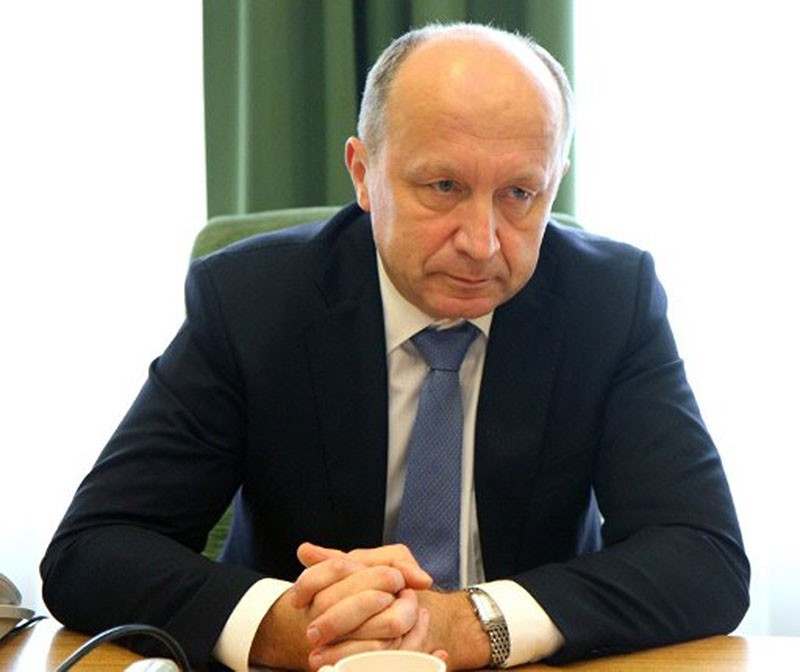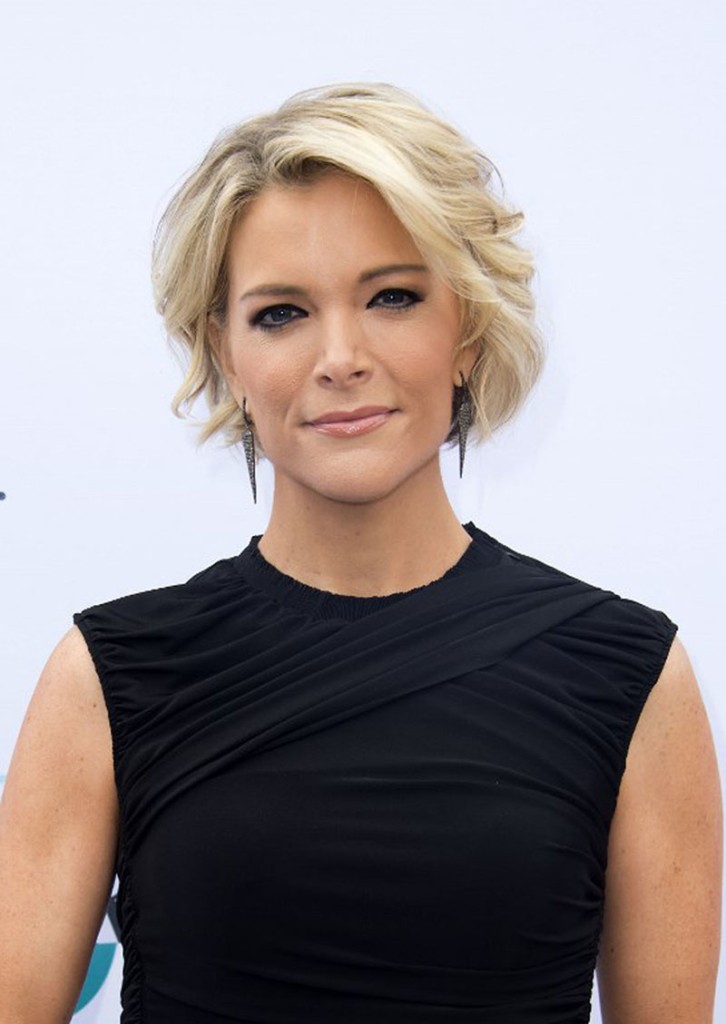Editor’s Note: This feature separates Ukraine’s friends from its enemies The Order of Yaroslav the Wise has been given since 1995 for distinguished service to the nation. It is named after the Kyivan Rus leader from 1019-1054, when the medieval empire reached its zenith. The Order of Lenin was the highest decoration bestowed by the Soviet Union, whose demise Russian President Vladimir Putin mourns. It is named after Vladimir Lenin, whose corpse still rots on the Kremlin’s Red Square, 100 years after the October Revolution he led.
Andrius Kubilius – Order of Yaroslav
The Wise

The countries that border Russia to the west understand the threat the Kremlin regime poses — it is one they have faced for centuries. A practically unbroken line of despots, dictators and autocrats, from Tsarist Imperial Russia, through the Soviet Union, to today’s Russian kleptocratic police state, has long menaced its neighbors, and looks set to do so until the red walls of the Kremlin tumble.
So it is to the leaders of these front-line states that Ukraine and the West should turn to for advice on how to deal with the Kremlin. The former prime minister of Lithuania, Andrius Kubilius, is one of them, and is our friend of the week for setting it out in terms plain and simple.
As Kubilius pointed out in a recent opinion piece, the Kremlin regime, when not kept in check, relentlessly seeks to expand its territory and influence. And it is not just the front-line states that are now in immediate danger: The Kremlin, via information hacking and leaking, is meddling in the democratic process in the West and may well have influenced some recent votes there in its favor.
Containing the Kremlin is thus in the interests of the whole of the West, and it is in the present prime target of Kremlin expansionism, Ukraine, that is today’s most important battleground.
There is no sign that the Kremlin will keep its promises to withdraw its troops from the Donbas. Instead, it appears to be consolidating its hold over the seized lands, and, as it probably planned all along, will use them to permanently destabilize the Ukrainian state.
Kubilius says, and we heartily agree, that the way to make the Kremlin’s plans in Ukraine fail is to make Ukraine a success. He points to two successful strategies from the past that have stopped Russia’s westward expansion — the 1947 Marshall Plan, which helped prevent Soviet domination of Western Europe, and the creation of the European Union, from which Lithuania and the other Baltic states have benefited.
Membership of the EU is no easy or quick option for Ukraine, so the next best thing is a “Ukrainian Marshall Plan” to jump start the Ukrainian economy. According to Kubilius, annual foreign investment of $5 billion in Ukraine’s economy could translate into annual growth of 6–8 percent, up from today’s 2 percent.
As long as such aid is tied to reform benchmarks, ordinary Ukrainians would finally begin to derive major economic benefits from their struggle to shake off Russian dominance.
And perhaps ordinary Russians might also see the benefits of ending the Kremlin’s long-dominance of their country’s politics, allowing Russia to at last become a friend of its neighbors, instead of their eternal foe.
Megyn Kelly – Order of Lenin

Perhaps it’s a little harsh to name Megyn Kelly Ukraine’s foe of the week, but the TV journalist did no favors to Ukraine and her career during her June 4 interview with Russian dictator Vladimir Putin.
Ukraine, against whom Russia has been waging war since 2014, did not come up once. Putin walked all over her figuratively in the mismatch as Kelly joined Charlie Rose and Larry King among American journalists who could not hold their own with Putin.
Kelly, who quit Fox News, has been praised for her combative interviewing style. But was out of her depth against Putin, who sneered his way through the 11 minutes aired by NBC News. She also showed she knew little about his destructive 17-year rule. She got the interview because she was in St. Petersburg, Russia, for the June 1–3 International Economic Forum.
When she asked him about meetings between U. S. President Donald J. Trump’s campaign officials and Russian Ambassador to the United States Sergey Kislyak, Putin lied, saying there had been no meetings.
When Kelly asked about Russia’s interference in the 2016 U.S. presidential election, Putin dodged, just as a trained KGB officer would do. He even engaged in the favorite Kremlin “whataboutism,” suggesting the Nov. 22, 1963 assassination of U. S. President John F. Kennedy was a special operation of America’s “deep state” security services.
Putin’s combative lies are familiar in this part of the world.
When the Kremlin sent its troops in unmarked uniforms out of their bases in Crimea to seize the peninsula in late February 2014, Putin just lied, saying the troops were “local militias” who had purchased their Russian regular army-issue uniforms and equipment “in a shop.”
The interview brought no insight. It benefited only Putin, who went unchallenged in his message to Western living rooms
Just like the country he rules, Putin should be frozen out of civilized international discourse until he learns how to behave.
French President Emmanuel Macron on May 29 showed how Putin should be dealt with in public when the Russian leader, visiting France, was called out for interfering in France’s democracy via his Sputnik and RT state propaganda media. Putin had to stand silently and listen, and was not given the opportunity to spew his lies and false excuses.
It may be unfair to use the phrase “useful idiot” in conjunction with Kelly, but interviewing Putin was a smart move only for the Kremlin leader, who would never allow himself to be grilled by knowledgeable and independent journalists. So this air time only helped Ukraine’s worst foe. This week’s Order of Lenin goes to Kelly, shared by the unknown yet dumb network boss who thought this was a good idea.
